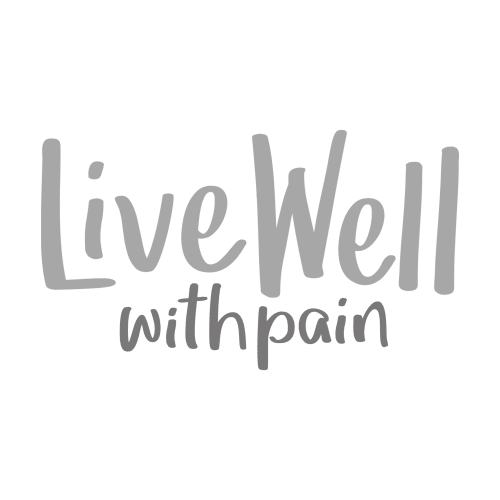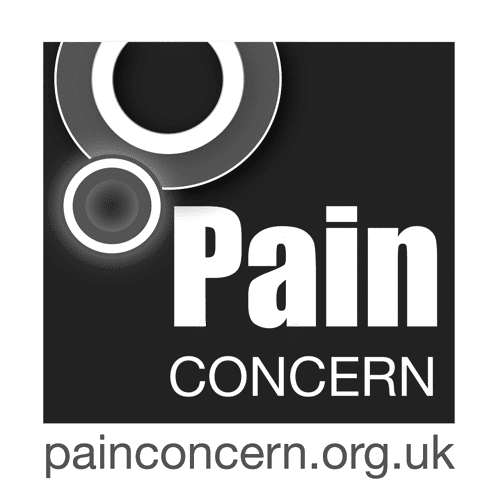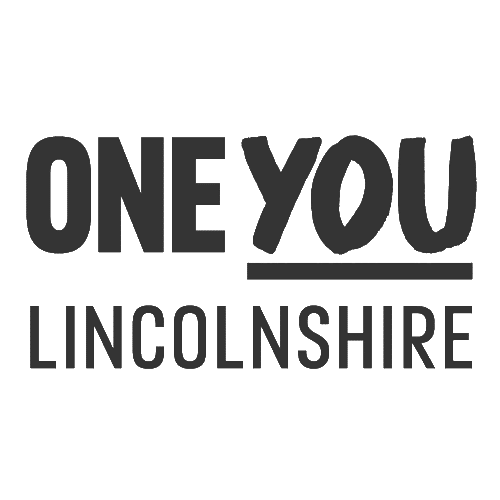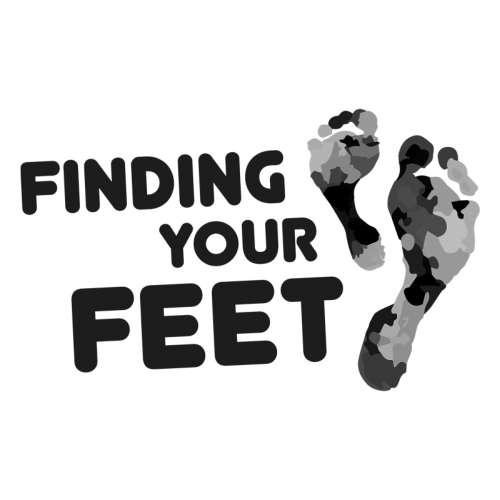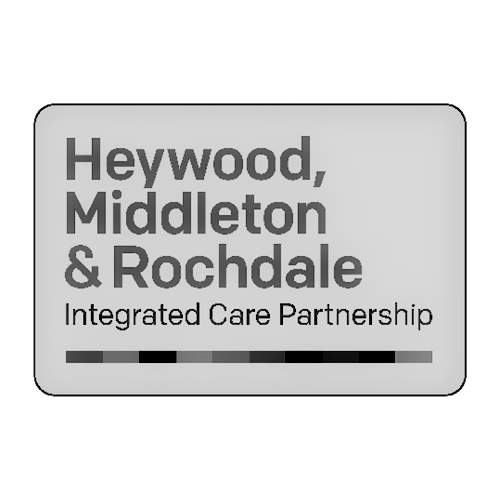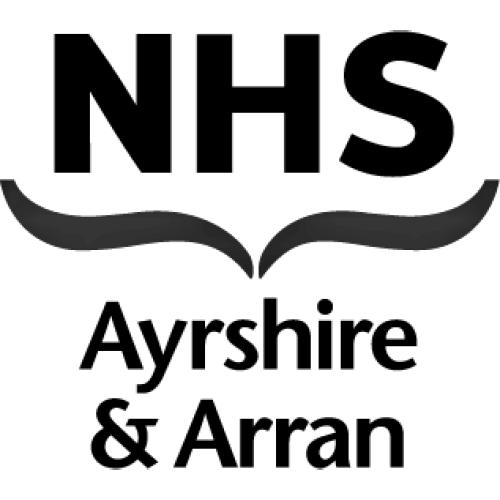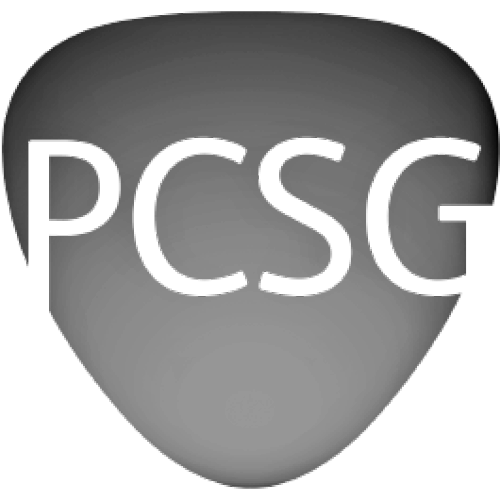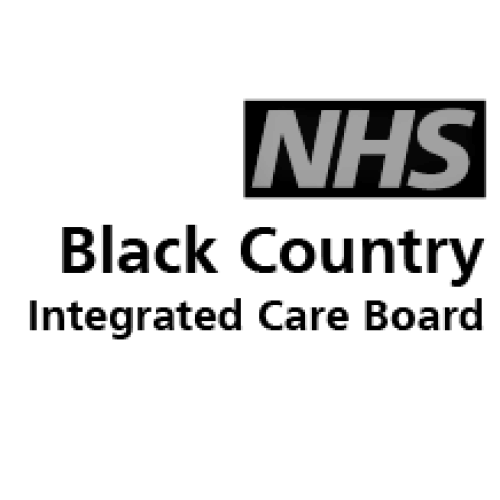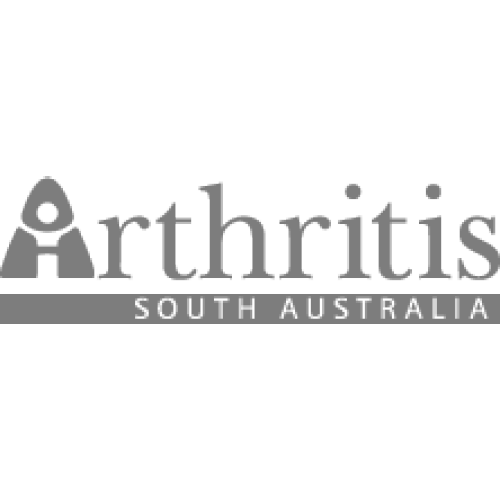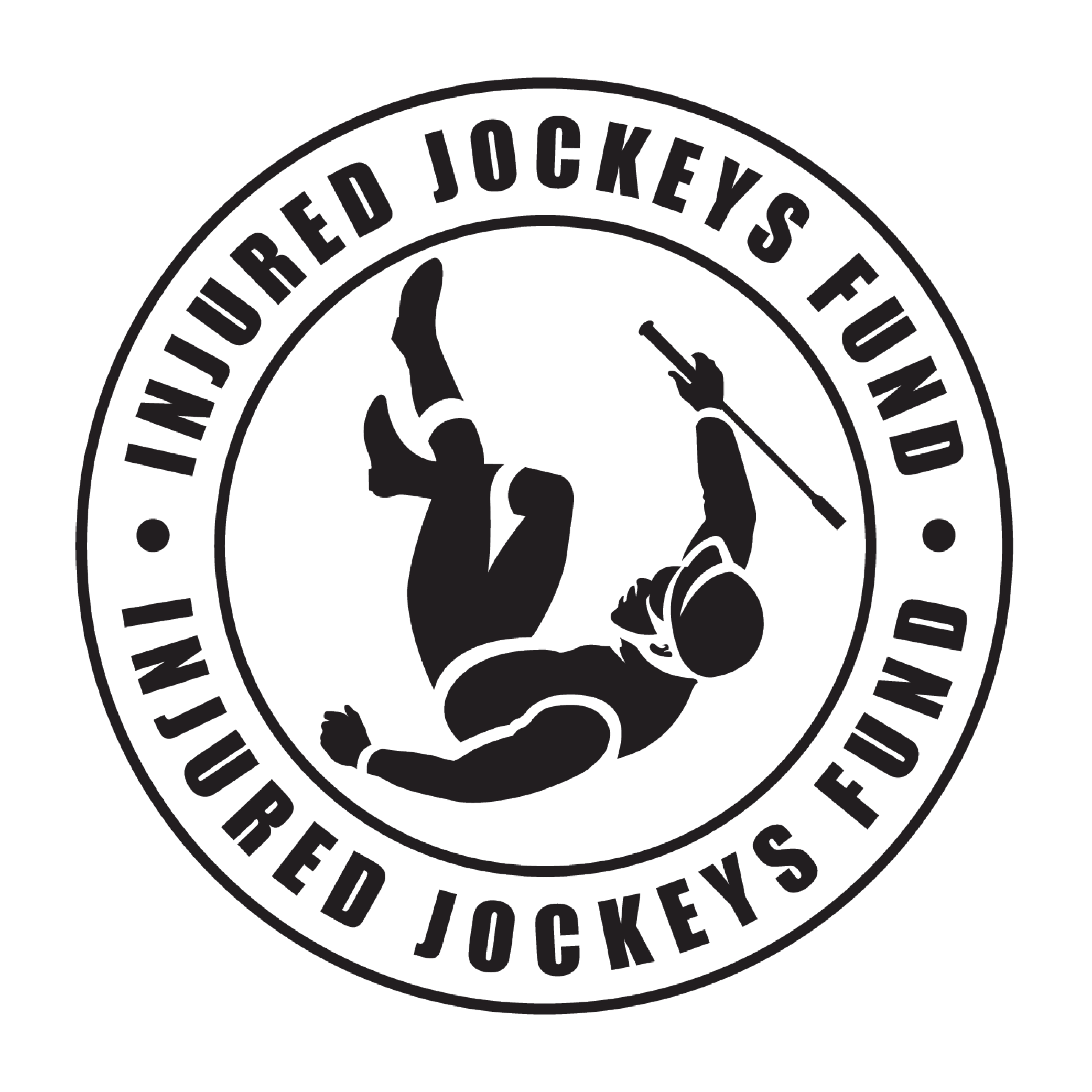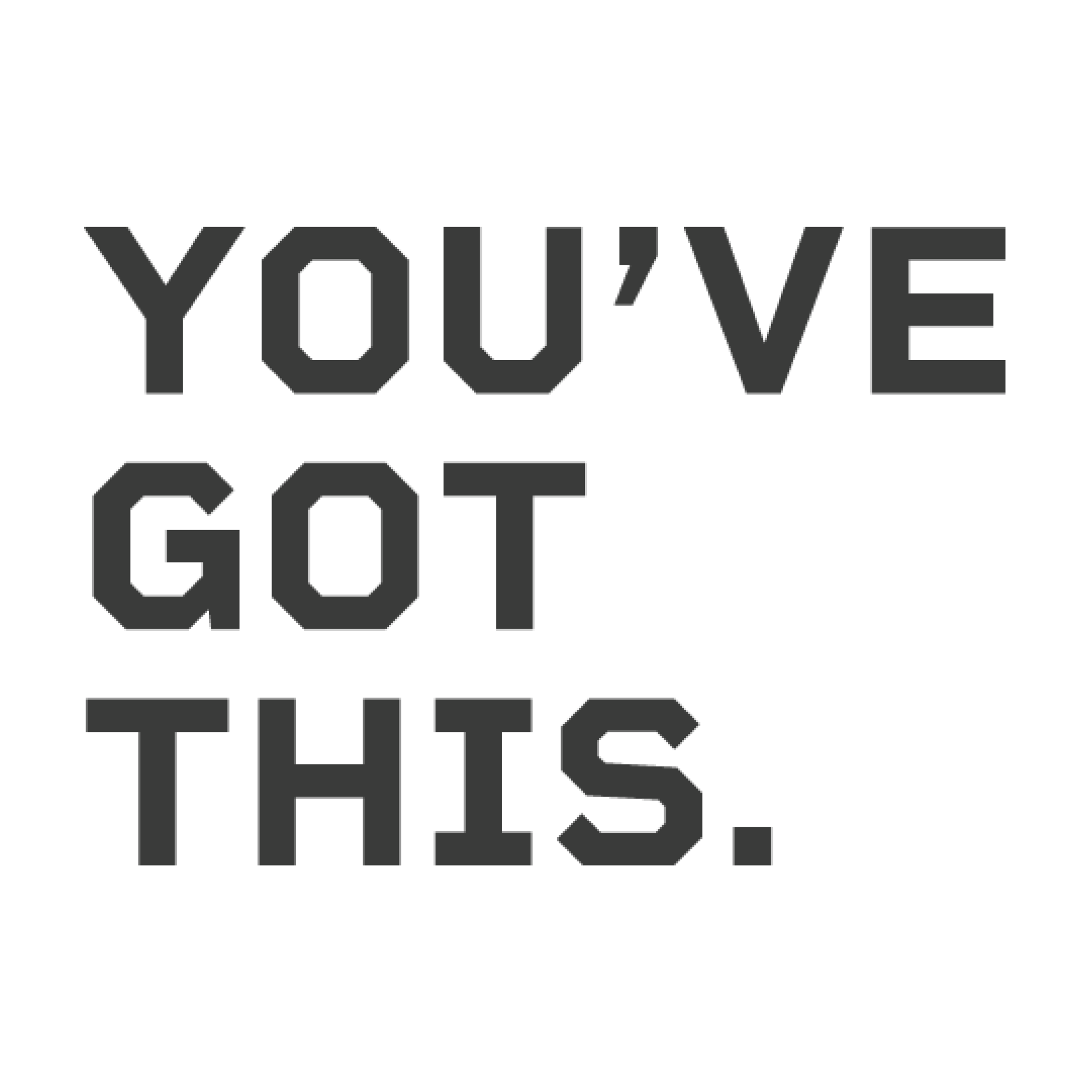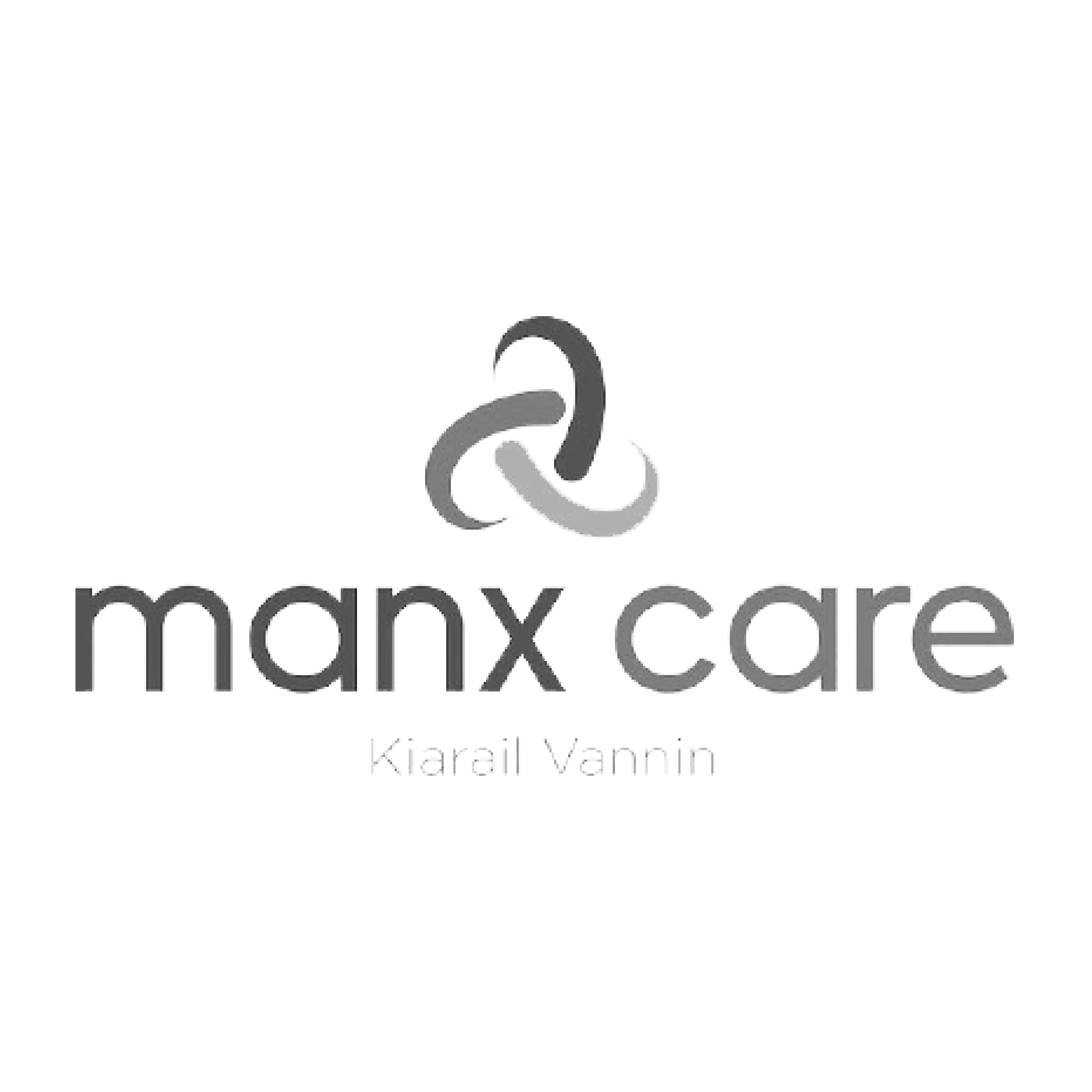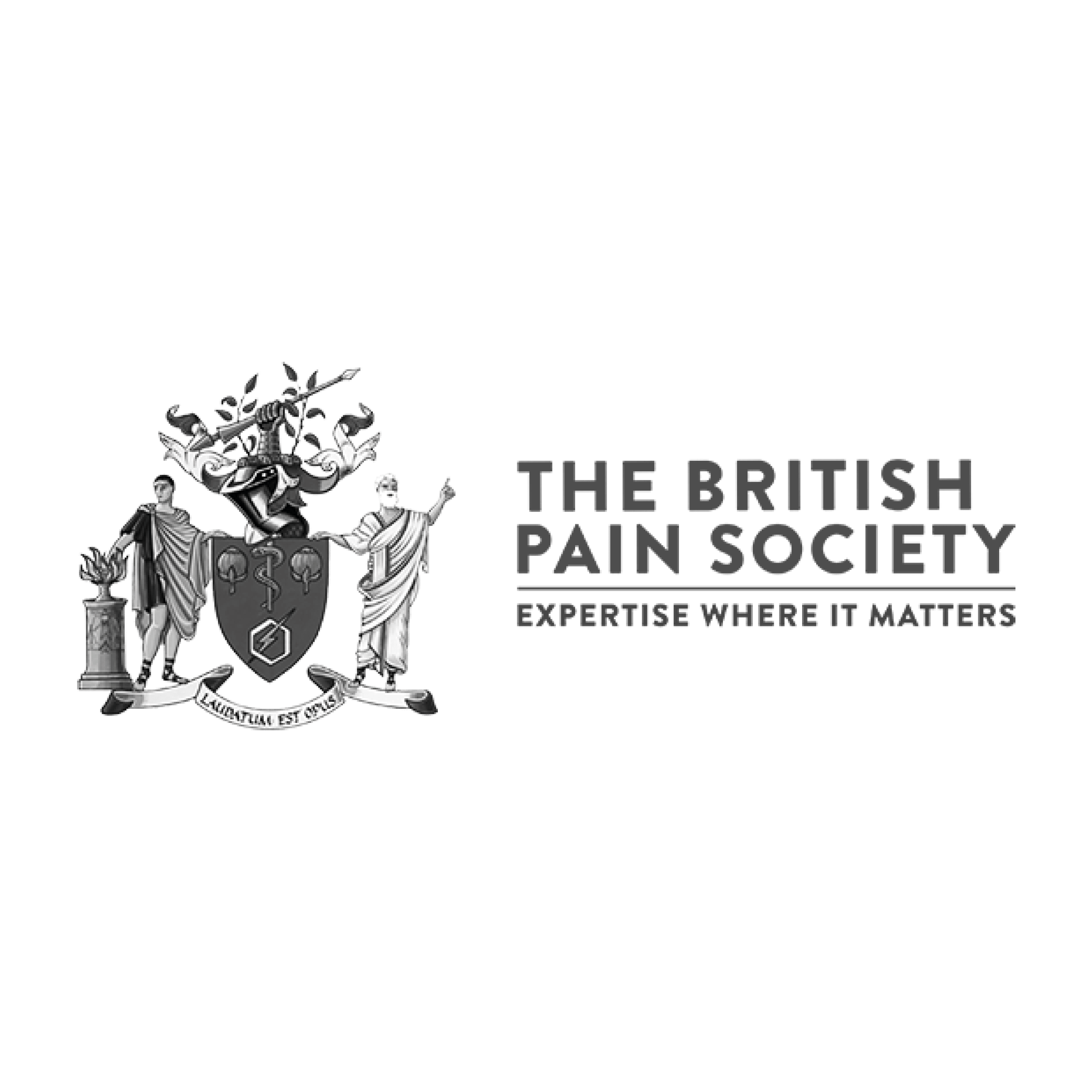Sharon had multiple surgeries. She tells us how she copes with fibromyalgia and how it affects all aspects of her life.

My pain started in 2013 after having 8 or 9 different surgeries on body ulcers that year.
I was working as a nurse on an elderly care unit at the time. After recovering from the final anaesthetic, it felt like I had flu but it kept getting worse to the point where I wasn’t able to work because of widespread pain. Later that same year, my doctor saw me and diagnosed me with Fibromyalgia, which Rheumatology confirmed. I’ve also got Hypermobility Syndrome, which seems to make my joint pain worse.
I have constant pain but it moves around. It’s always in my lower back but I also get it in my shoulders and hips. Some days I can’t walk up and down steps and it affects my balance so I struggle with getting dressed some days and washing my own hair. To go from being a nurse to not being able to wash my own hair is quite traumatic. You lose so much when you live with pain; things like going out, or helping other people become harder and your circle gets smaller and smaller. On bad days it can feel like it’s only you.
Fibromyalgia affects all aspects of my life, including sleep. But because it’s invisible, you also get a lot of people tell you how well you look and that has a psychological effect because I wonder if they think there’s nothing wrong with me.
It’s taken me 5 years to learn not to care what other people think and to concentrate on looking after myself.
I have so many tools to deal with the pain like heat and massage and acupressure points. I have lots of devices that I’ve got myself, from Occupational Therapists and from the local council to help me adapt like a bottle opener and a rollator frame. You need a wide range of tools because pain can be so variable. I get tense when I’m in pain and I’ve noticed that the more tense I am, the worse the pain is. Mindfulness helps me with this when I can do it.
Applying for benefits with pain was hard because you have to prove how ‘bad’ you are.
When I first applied for assistance, I was adjusting to not being able to do things that I used to be able to do. If you’re getting PIP, don’t think it has to just be used for medical things. I use it to help me get my house cleaned and on taxis so I can avoid the risk of falling on buses. It’s easy to feel guilty but try not to – or let other people make you feel that way. There’s a lot that isn’t in your control. Know you’re not alone. If you need to, cry and if you need to, grieve.
I get tense when I’m in pain and I’ve noticed that the more tense I am, the worse the pain is. Mindfulness helps me with this when I can do it.
The sense of loss is hard to deal with and feels isolating. This time last year my partner left me after 18 years and I think part of it was that I’m not the same person I was. To help me cope with it I see a counsellor and I’ve also joined a support group for people with pain.
A lot of living with pain is accepting and making the most of what you can do when you can do it.
A lot of people struggle with accepting help. You feel like you should be able to deal with things yourself but it helps to accept assistance. If you can do something that relaxes you, do it. If you need to sleep in the day, sleep. If you can keep up with your hobbies, do. Things like that might feel new but you have to find what suits you. Don’t be afraid to walk away when you’ve had enough. It sounds easy but I’m still adapting to pain. There are still days I don’t go out and don’t speak to anyone.
I feel less alone when I use my online support groups – you’ll see a lot of people going through the same things you are.
Living with pain is a bit like a bereavement because you lose your old life. And if you’re lucky, the people around you will support you and help you through but it’s hard for them to understand sometimes.
There’s fear there too – I worry something else will go wrong. It’s not something I think I’ll ever get used to because it’s a series of losses.
I went on a Pain Management Programme in 2014.
It showed me that pain affects everyone but also that there are other options beyond medication. Read up on pain because it makes it easier to cope with when you know what you’re dealing with. It’s less frightening.
It’s not easy to do but I think it’s best to talk to the people around you when you’re in pain.
My partner didn’t understand that my life had changed and that I was able to do less. It’s really hard to talk to those closest to you because it’s an admission of needing help but it can be really useful to communicate what you need.
I feel less alone when I use my online support groups – you’ll see a lot of people going through the same things you are. I struggle to do this myself sometimes but when people ask how you are, tell them truthfully if you can. I admit that there are some days when I don’t want to get out of bed.
Be willing to try things to help your entire overall wellbeing, rather than just aiming to get rid of pain.
If you just focus on pain, you won’t want to do anything. You need to take care of you – and that involves more than just taking care of your pain.



